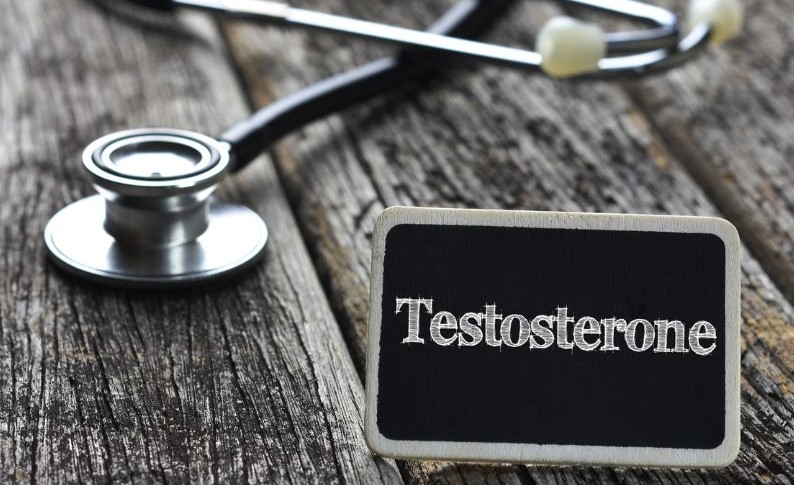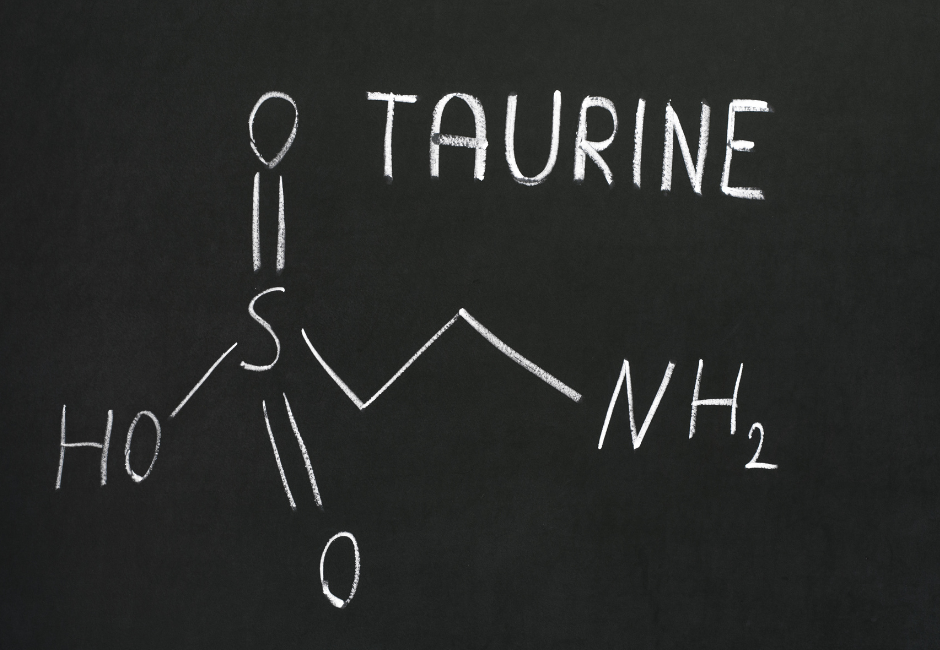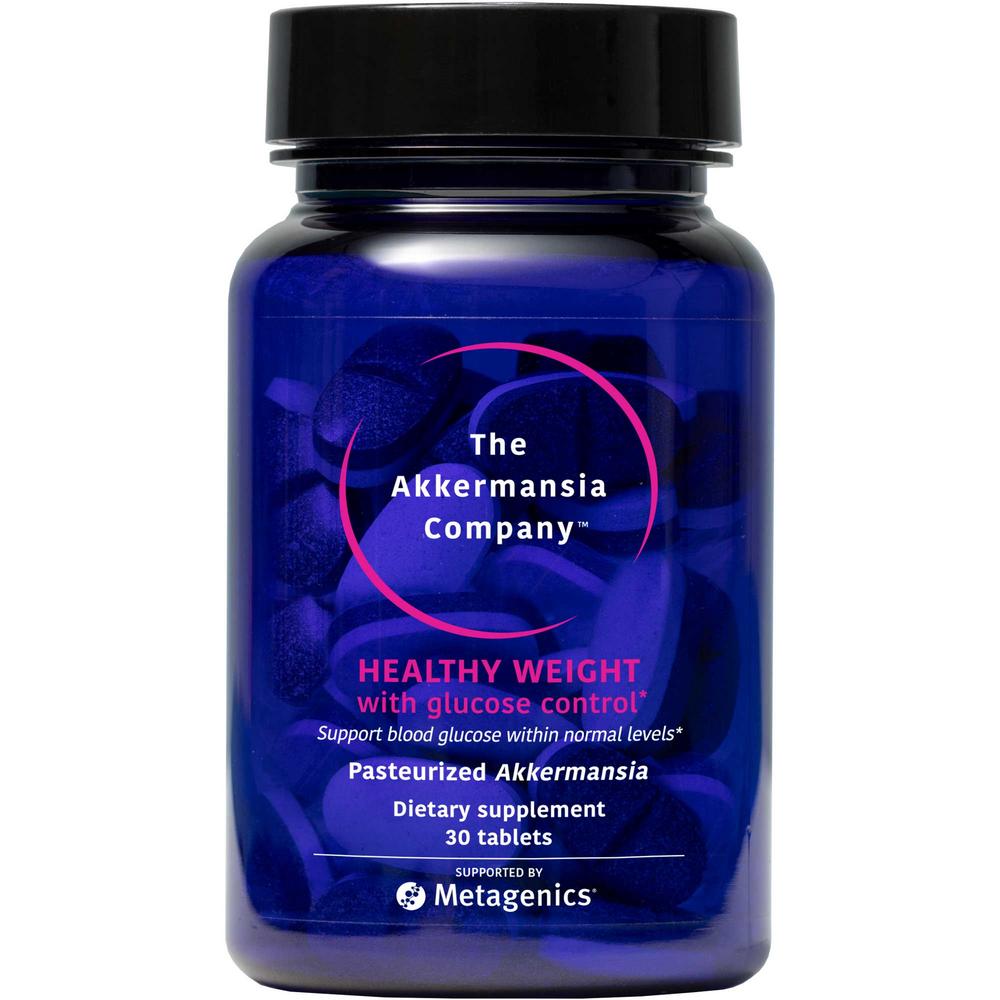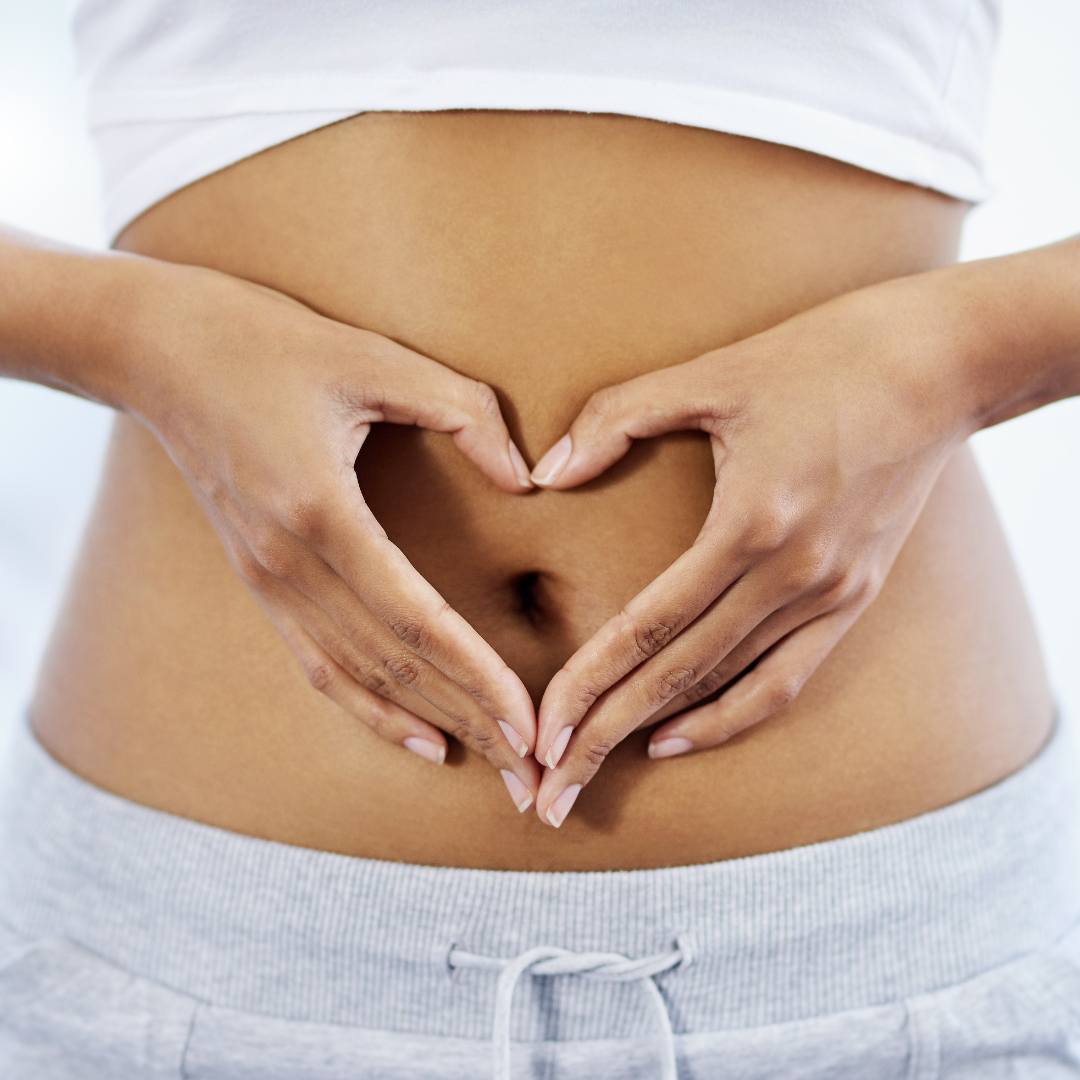Your Digestive System and How it Works
So, you are out to dinner!
You take a bite of delicious food,
you stop… you think…
What happens to this food after I swallow?
Doesn’t everyone think of this?
To me, the GI system, which starts at the mouth and travels all the way to the anus, is a world of intricate life, physiology, biochemistry, neurological systems, and life-sustaining function.
Not only does the digestive tract consist of the twisting tube from the mouth to anus, but also includes the liver, pancreas, and gall bladder.
Proper digestion is important because this is our body’s fuel source. Everything we swallow must be broken down into compounds that can be absorbed. The flavorful steak you are eating must be broken up into compounds (amino acids) that will be transported across the GI lining into the bloodstream. The same goes for the baked potato (into simple sugars), the broccoli (simple sugar and fiber), and the rest of this dinner. All must be transformed into usable substances. These usable substances are derived from the breakdown of the food. It all starts with chewing and secretion of saliva. The stomach squeezes and mixes the food with acid, bile, and enzymes which are secreted from glands in your stomach. Let’s take a closer look.
Here is a very simplified explanation of digestion.
- The Pancreas makes digestive juice with enzymes that break down proteins, carbohydrates, and fats.
- The Liver makes a digestive juice called bile that helps digest fats and some vitamins. This bile is stored in the gall bladder.
- The Gallbladder stores bile between meals and secretes the bile into the small intestine when the food from the stomach (chyme) enters the small intestine.
- The Small Intestine makes digestive juice which blends with bile to further break down the food. Bacteria (probiotics) are also important in this process. Water is moved from the bloodstream into the small intestine to further the breakdown. Water is then moved back into the body carrying water-soluble vitamins and nutrient compounds.
- The Large Intestine moves more water back into the bloodstream. Bacteria break down remaining nutrients and make vitamin K. Waste products including large leftover parts of food become stool.
This whole process only works if there is a finely tuned balance of nerve function and hormone secretion. As with the rest of the body, all functions depend upon signaling and communication between systems and individual cells.
Reflux, GERD, gas, bloating, belching, malformed stool, pain, constipation are all indicators that one or more of the above is not functioning properly. In addition, antacids, Proton Pump Inhibitors, simple carbohydrates, bacterial imbalance, antibiotics, certain medications, and more can lead to digestive dysfunction.
The most important takeaway from this is that as we age, we lose our ability to produce acid and enzymes. Therefore, I often recommend digestive enzymes along with acid to maintain healthy digestion and get the most out of the food we eat.
Here are three of my favorite enzyme supplements for improved digestion.

features betaine HCl combined with pepsin—a proteolytic enzyme—to complement the natural production of digestive agents in the stomach.
is a comprehensive blend of acid-resistant, plant-based enzymes designed to help maximize the digestion and absorption of nutrients from food.
can assist in the breakdown of a wide range of proteins, peptides, fats, complex carbohydrates, sugars, and fibers. Serratia peptidase, a unique endopeptidase enzyme, helps protect sensitive GI tissue from irritation that can affect tissue health and intestinal comfort.*
Email us for dosage.
-Bob Wood, RPh











